Press freedom and the space for independent media are under threat, as stipulated in various UN resolutions addressing journalist safety. UN Sectary-General Guterres stated that ‘civic space has been shrinking worldwide at an alarming rate. And with anti-media rhetoric on the rise, so too are violence and harassment against journalists, including women … When media workers are targeted, societies as a whole pay a price.’ Governments practise legal intimidation and censorship of dissenting voices, also in the digital space. Criminal gangs threaten those who report on corruption. The result is that journalists exercise self-censorship, leave the profession, disappear into exile or stay silent. This is a deliberate attack on civic space that requires a cross-cutting approach to safety of journalists.
This Safety Resource Space is the place to find information on the safety of journalists. It includes information on Free Press Unlimited’s safety-related activities, background information on the safety of journalists, practical resources, and best practices and examples of successful projects and approaches.
Explore the following topics:
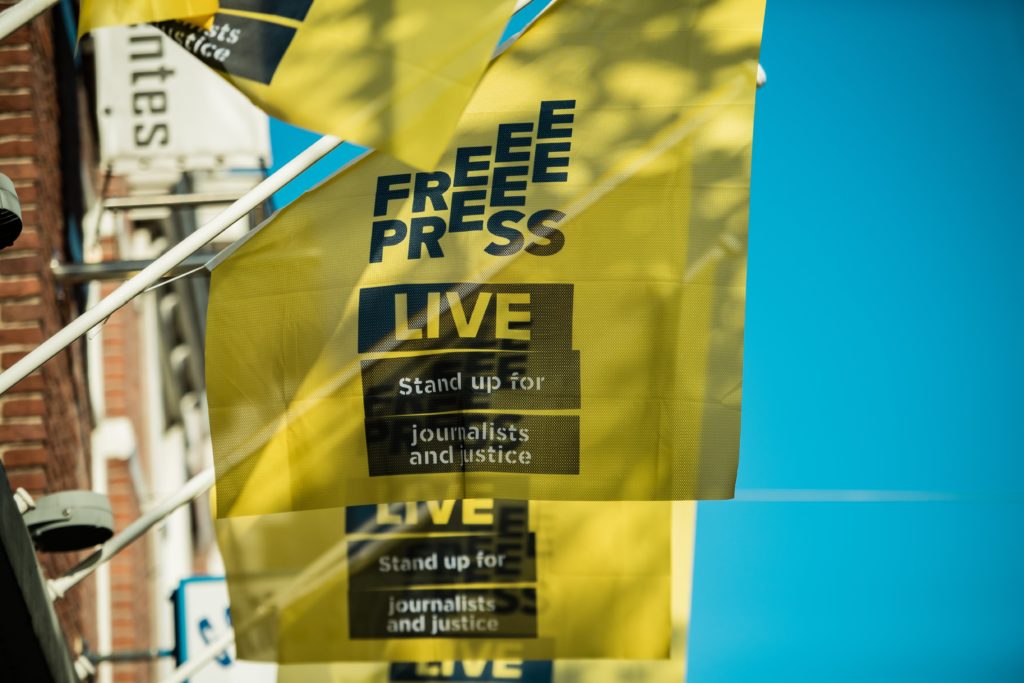
Free Press Unlimited believes that a safe work environment is a basic need for independent media. It is imperative that journalists carry out their work free from violence and free from obstruction. A commitment to safety cuts across all of Free Press Unlimited’s activities.
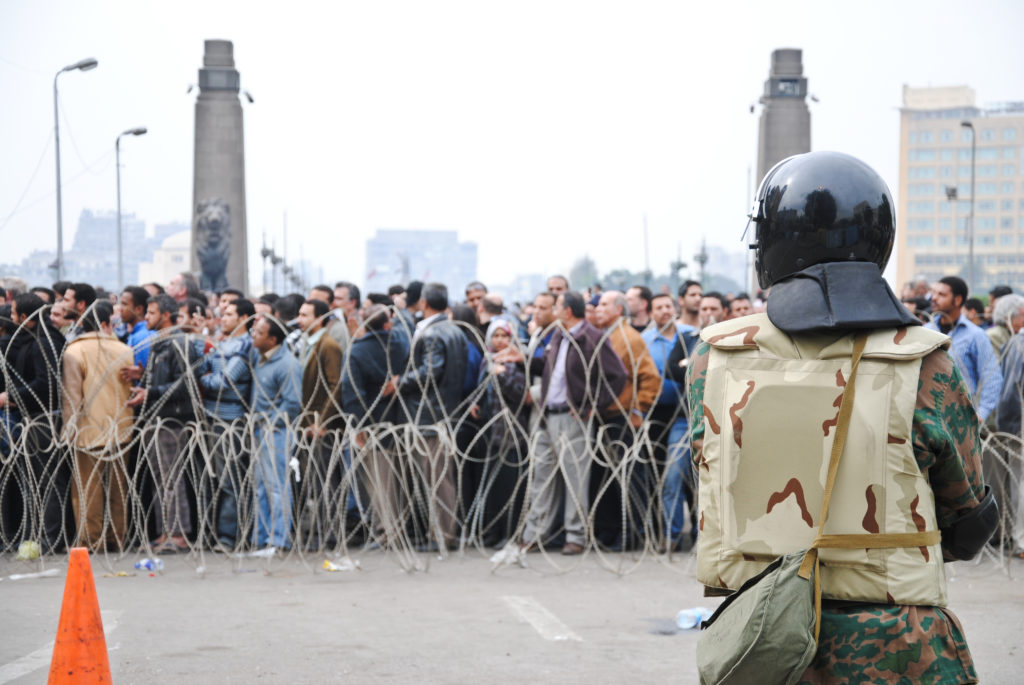
Free Press Unlimited believes that safety should be approached as a comprehensive concept that has physical, psycho-social, digital and legal dimensions. As these dimensions of safety impact on each other, it is important to adopt an inclusive approach, that also takes gender into account.
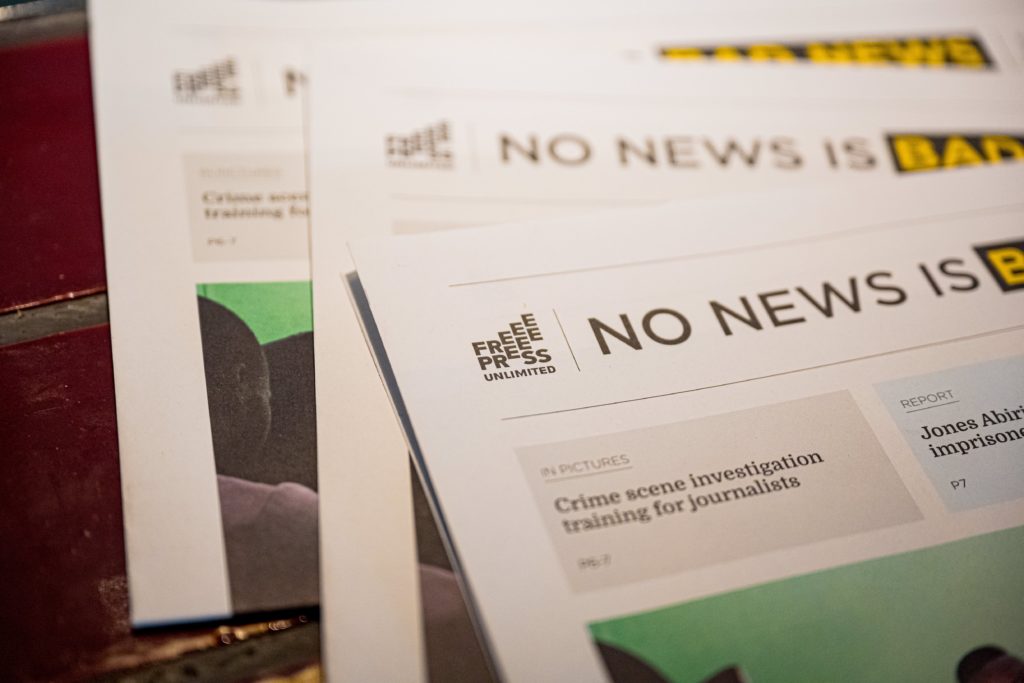
Free Press Unlimited directs its efforts to address safety along four different pillars, being support to journalists in distress, capacity development, tools and resources, and advocacy and campaigning.
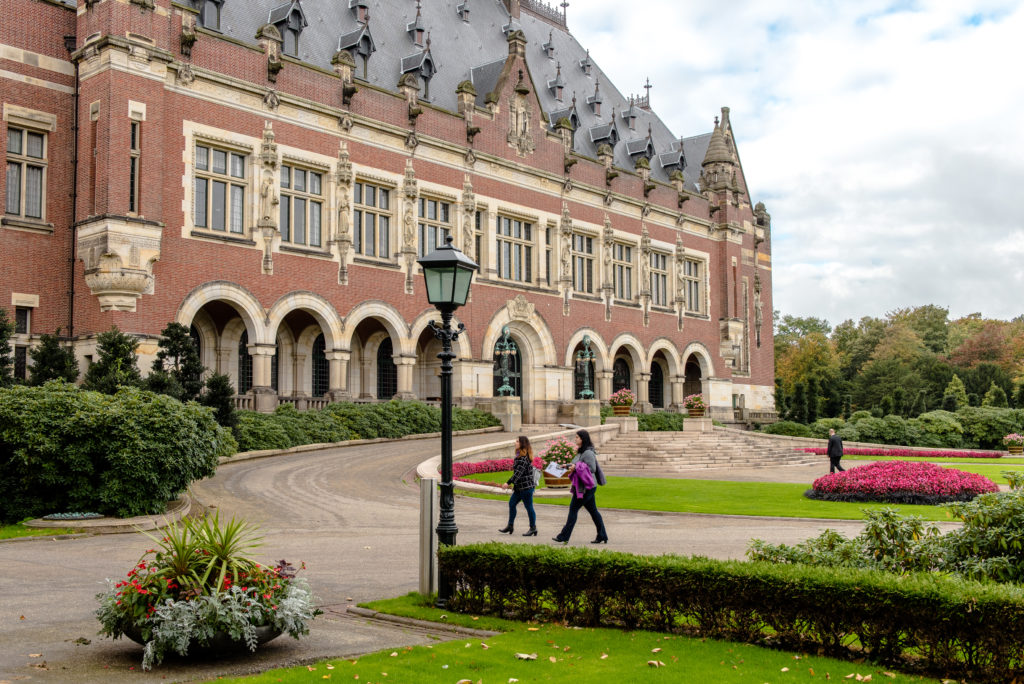
Free Press Unlimited’s work on the safety of journalists builds upon a number of key international instruments, which reflect international commitments to further the safety of journalists.
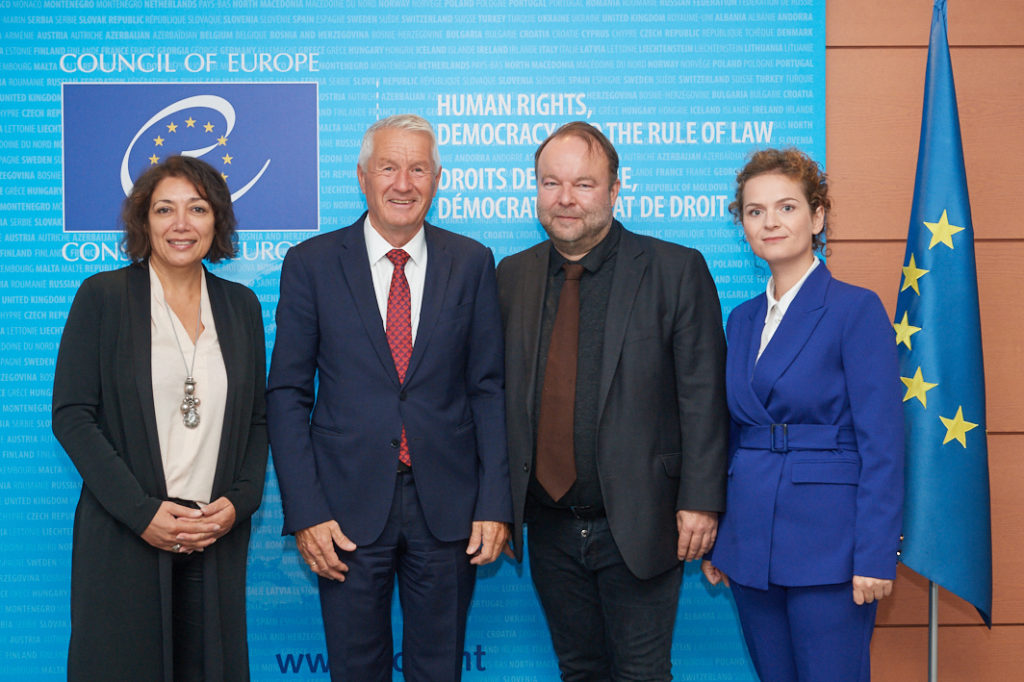
Free Press Unlimited works together with other like-minded organisations in a number of international networks and coalitions in order to contribute towards journalist safety, both locally and internationally.
Evidence base: Safety of journalists
| Source | Year | Country | Organisation | Author |
|---|---|---|---|---|
| Melanio Escobar: Press freedom in Venezuela in ‘a downward spiral’ | 2019 | Venezuela | Free Press Unlimited | Free Press Unlimited |
| Legal Responses to Online Harassment and Abuse of Journalists: Perspectives from Finland, France and Ireland | 2019 | Finland, France, Ireland | OSCE - Office of the Representative on Freedom of the Media & International Press Institute | McCully, J. |
| Newsroom Best Practices for Addressing Online Violence Against Journalists | 2019 | Finland, Germany, Poland, United Kingdom | International Press Institute (IPI) | Trionfi, B. & Luque, J. |
| Fear, Trauma and Local Journalists: Cross-border Lessons in Psychosocial Support for Journalists | 2019 | Latin America, MENA, South and Southeast Asia | International Media Support (IMS) | Bets, M. & Beighly, P. |
| Intensified Attacks, New Defences: Developments in the Fight to Protect Journalists and End Impunity | 2019 | Global | UNESCO | McCabe, S. (Ed.) |
| Hostile Bytes; A study of online violence against women journalists | 2019 | Pakistan | Media Matters for Democracy | Kamran, H. |
| Targeted, Cut Off, and Left in the Dark: The #KeepItOn Report on Internet Shutdowns in 2019 | 2019 | Global | Access Now | Access Now |
| Targeting the Messenger: Journalists Ensnared by National Security Legislation | 2019 | Europe | Mapping Media Freedom | Perrone, A. |
| Hungary: Conclusions of the Joint International Press Freedom Mission | 2019 | Hungary | ARTICLE 19 | International Press Institute (IPI), Article 19, the Committee to Protect Journalists (CPJ), the European Centre for Press and Media Freedom (ECPFM), the European Federation of Journalists (EFJ), Free Press Unlimited (FPU), Reporters Without Borders (RSF), South East Europe Media Organisation (SEEMO). |
| The Fight Against Impunity | 2019 | Global | Free Press Unlimited | Nijhof, S. & Pavicic, M. |
| Een onveilig klimaat – onderzoek bedreigingen van vrouwelijke journalisten (research to threats of female journalists) | 2019 | Netherlands | Nederlandse Vereniging van Journalisten | Odekerken, M.W.A. & Das, L.E. |
| For Investigative Journalists in Indonesia ‘the Threats are Real’ | 2019 | Indonesia | Free Press Unlimited | Free Press Unlimited |
